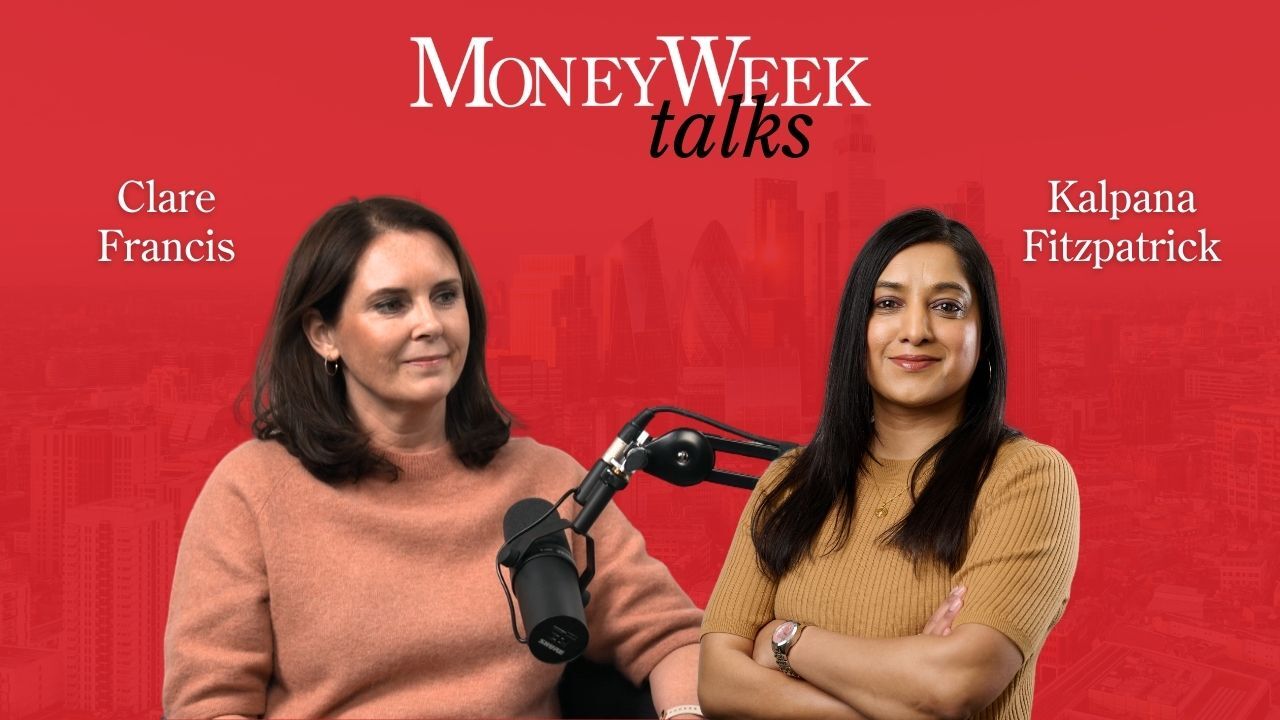Clouds over South Korea begin to lift
The impeachment of Park Geun-hye, South Korea’s first female leader, could prove a major opportunity for Asia’s fourth-largest economy.

Get the latest financial news, insights and expert analysis from our award-winning MoneyWeek team, to help you understand what really matters when it comes to your finances.
You are now subscribed
Your newsletter sign-up was successful
Want to add more newsletters?
The impeachment of Park Geun-hye, South Korea's first female leader, could prove a major opportunity for Asia's fourth-largest economy, says the Financial Times. Her removal from office following an influence-peddling scandal that triggered a one million-strong protest march "reinforced the country's credentials as one of the world's thriving democracies, responsive to public sentiment and bounded by due process and law".
She is now likely to be replaced by Moon Jae-in, a former human-rights lawyer, who could "tackle political cronyism and pull apart the nexus between big business and government" that has long afflicted Korea. Family-run conglomerates, or chaebols, dominate the economy, encouraging corruption and damaging corporate governance, benefiting well-connected insiders at the expense of smaller investors.
A corruption scandal at Samsung, Korea's biggest company, has brought the issue to the fore in the past few weeks. Moon's election would bode well, according to a DBS Bank report. He wants to tighten regulations to curb the chaebols' market dominance, strengthen corporate governance structures, and restrict cross-investment in financial industries one way these powerful firms prop each other up.
Try 6 free issues of MoneyWeek today
Get unparalleled financial insight, analysis and expert opinion you can profit from.

Sign up to Money Morning
Don't miss the latest investment and personal finances news, market analysis, plus money-saving tips with our free twice-daily newsletter
Don't miss the latest investment and personal finances news, market analysis, plus money-saving tips with our free twice-daily newsletter
If he makes progress, he could go some way towards eliminating the "Korea discount",the tendency of Korean stocks to trade at lower price-earnings ratios than their counterparts in comparable markets. There would seem to be plenty of low-hanging fruit. For instance, CLSA points out that dividend payout ratios are a measly 18% or so in Korea, miles below much of Asia and Europe.
Japan's is 30% and climbing; Hong Kong, Germany and America are around 40%. These sorts of statistics help explain why large domestic institutional investors have been pulling money out of the Korean stockmarket in the past five years. The corporate governance problem is the main reason for the Korea discount, but two other key issues often hamper equities. One is the ever-present threat of North Korean aggression. The other is the economy's dependence on exports, which comprise 46% of GDP. Its unusually heavy reliance on global growth gives the stockmarket its reputation as a leveraged play on global growth.
And the world economy is improving, which ensured that Korean exports grew by 20% year-on-year in February, the strongest performance in five years. A government-induced stimulus in China has been especially helpful: China buys a quarter of Korea's exports, notably crucial products such as electronics, cars and machinery. Korea's main market index, the Kospi, has hit a near-two-year high after treading water for several years. For once, a rally might actually last.
Get the latest financial news, insights and expert analysis from our award-winning MoneyWeek team, to help you understand what really matters when it comes to your finances.

-
 The UK regions with the highest proportion of homes above the inheritance tax threshold
The UK regions with the highest proportion of homes above the inheritance tax thresholdHigh house prices are pushing more families into the inheritance tax trap across the country
-
 Are money problems driving the mental health crisis? MoneyWeek Talks
Are money problems driving the mental health crisis? MoneyWeek TalksPodcast Clare Francis, savings and investments director at Barclays, speaks about money and mental health, why you should start investing, and how to build long-term financial resilience.